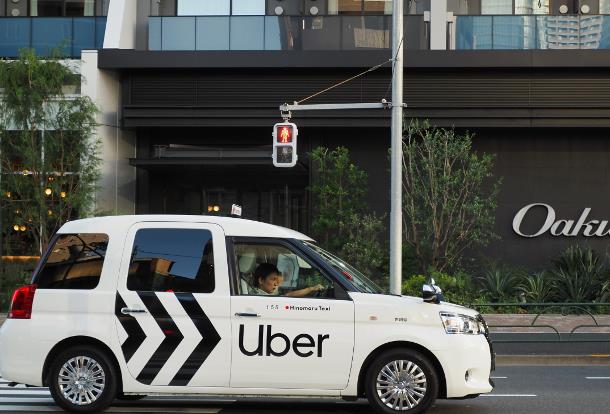
Chinese ride-sharing company UCAR landed on the New Third Board on July 22 as planned. The company is valued at RMB 36.9 billion based on its latest placement price.
The day before the UCAR listing, investors of Didi and Uber, the two most competitive chauffeur service players in China, were reported by Bloomberg to be pushing for collaboration agreements to end their cash-bleeding subsidy war.
Both Didi and Uber later dismissed the “merger” report as“rumors”, but the investors of the two companies are said to be losing patience with the protracted subsidy battle between the C2C rivals, when their B2C counterpart UCAR is establishing its profit model following its listing on the New Third Board.
UCAR has been shoring up its hard-to-replicate advantages against competitors with its light-asset and cost-effective B2C model, by leveraging the enhanced synergy of its ride-sharing and car-leasing businesses.
The average net revenue per order for UCAR in the first quarter of 2016 was RMB 41.7, 268% higher than the year before, and the average cost per booking was reduced by 51.78% to RMB 65.11, thus further reducing the net loss per order.
UCAR is expected to further reduce average cost per ride with its relatively fixed cost structure, growing user base and rising operational efficiency.
UCAR’s listing has helped it achieve significant synergy from its ride-sharing, car-rental and second-hand-car-selling business, and its subsidiaries are extending the company’s reach to all areas of the business chain covering car-leasing and car sale. (Translated by Jerry)




